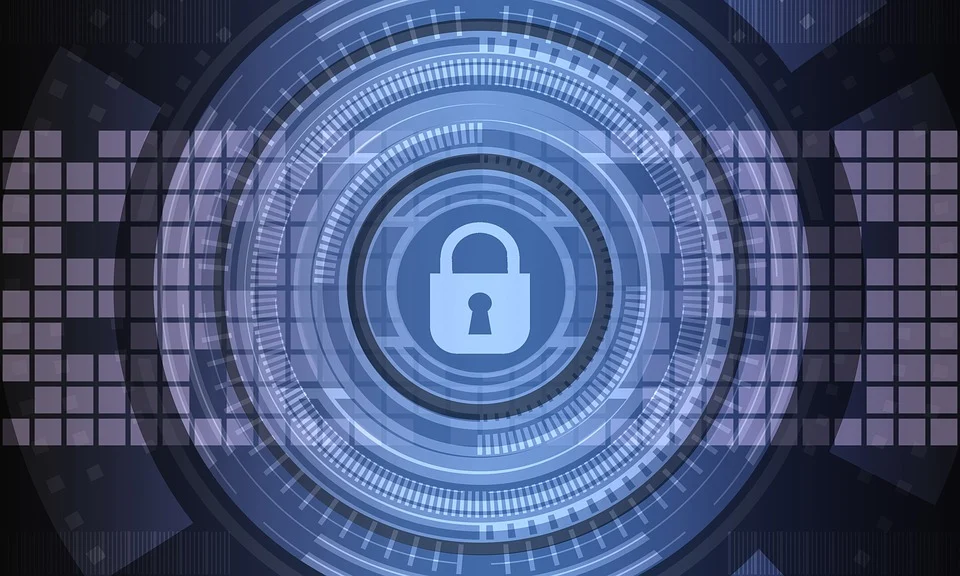
Protecting your personal information is essential. It reduces your risk of identity theft and helps you maintain privacy. You can protect your personal data in a few simple ways. Keep reading to learn about them.
Secure Your Social Security Number
Protect your Social Security number and avoid sharing it unless you have to. Ask the following questions before sharing your Social Security number:
- Can I use a different type of identification?
- How will you protect it?
- Why do you need it?
- How do you plan to use it?
Even though some businesses may not offer you certain services or benefits if you do not share the number, the decision is entirely up to you. Financial institutions and your employer need the number for tax reporting. You may also need to provide it when applying for a loan. Businesses use your Social Security Number to check your credit.
Protect Your Information Offline
Keeping your personal information secure offline is the first step towards protecting yourself. Lock your financial documents in a safe and avoid carrying documents when you go out unless it is necessary. Carry your credit, debit, and identification cards only when you plan on using them. If you have a Medicare card, make a copy and blackout a few digits. Do not carry the original copy unless you are going to see a doctor. Do not share your information at work, your doctor’s office, or your child’s school unless it is necessary.
Use Strong and Unique Passwords
Use strong and unique passwords to protect your personal information. Use strong passwords for your bank, social media accounts, and computers. The team at All Things Secured suggests you should avoid using the same password for all your cards or accounts. You need a unique password for all your accounts. A strong password should meet the following requirements:
- Have a Minimum of 12 Characters – Even though different people have different ideas of what is long enough, your password should have at least 12 characters. Longer passwords are safer than shorter ones.
- It Shouldn’t be a Dictionary Word – Avoid obvious dictionary words or dictionary word combinations. Obvious word combinations are even worse.
- A Combination of Words, Letters, and Characters – A good password should include upper-case letters, lower-case letters, symbols, and numbers. Using a mix of characters will make your password more difficult to crack.
Proper Disposal of Personal Information
If you plan on disposing of a computer, check to ensure that you do not have any personal information stored. Consider using a wipe utility program. It can help you overwrite the hard drive to protect your personal information. Check the owner’s manual of your phone before disposing of it. If you do not have it, the device manufacturer’s website may help you. Remove the SIM card from your device and clear your list of calls, messages, and voicemail. Shred your receipts, credit applications, credit offers, and expired charge cards when you no longer need them.
Avoid Oversharing Information Online
Do not overshare your personal information on social media and networking sites. If you provide details such as your full name, address, email account, and phone number, you are likely to become a victim of identity theft. If strangers have information about you and your life, they can use it to answer ‘challenge’ questions and access your financial or private information. Limit access to your pages and do not overshare.
Do not focus primarily on the posts and pictures you share. Your privacy settings are equally important. This way, you can regulate the number of people that see your posts. If your kids are on social media, check their privacy settings as well.
Be Wary of Free Websites

Even though free Wi-Fi is convenient, it is not safe. Most public Wi-Fi networks do not have much to offer in terms of security. With the right tools, other people can spy on your online activity. They can access your credit card number, bank account, and other sensitive information. Password-protected Wi-Fi networks are not safe either. If the wrong people have the password, they can steal your information. Use a VPN if you need to use public Wi-Fi. That way, other people cannot monitor your activity easily.
In conclusion, keeping your personal information secure is not as difficult as it may seem. With some effort, you can protect your information online and offline. Some of the most important things to do include using strong and unique passwords, not overshare information online, and proper disposal of your information.


